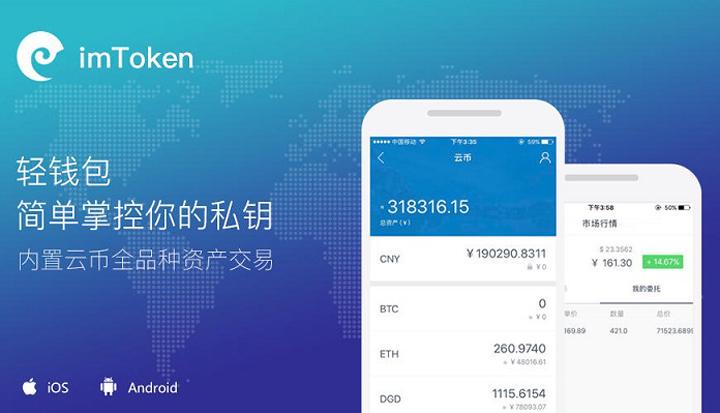In the ever-evolving landscape of cryptocurrency, one cannot overstate the importance of securing your digital assets. At the heart of this endeavor lies the Bitcoin imtoken钱包, a digital repository for your precious BTC. A Bitcoin wallet is not a physical entity; rather, it’s a software program designed to store, send, and receive Bitcoins. With a myriad of options available, each catering to different needs and preferences, choosing the right BTC wallet is paramount.
Types of Bitcoin Wallets
There are two primary categories of Bitcoin wallets: hot wallets and cold wallets. Hot wallets are online and accessible through web browsers or mobile apps. They are convenient for daily transactions but are inherently less secure due to their constant connectivity to the internet. Cold wallets, on the other hand, are offline devices like hardware wallets or paper wallets. They offer a higher level of security since they are immune to online threats, making them ideal for long-term storage.
Hot Wallets: Convenience with a Hint of Caution
Hot wallets, such as web wallets, mobile wallets, and desktop wallets, are popular choices for users who require easy access to their Bitcoins. These wallets are user-friendly, allowing seamless transactions with the click of a button. However, their online presence exposes them to potential hacking, phishing, or malware attacks, making robust security practices crucial.
Cold Wallets: Fort Knox for Your Bitcoins
Cold wallets, like hardware wallets and paper wallets, are impervious to online threats, providing an airtight security blanket for your Bitcoins. Hardware wallets, in particular, store your BTC offline on a dedicated device, safeguarding them against cyberattacks. Paper wallets, though less user-friendly, are entirely offline and immune to digital vulnerabilities. The downside is that if you lose the physical paper, your Bitcoins are gone forever.


